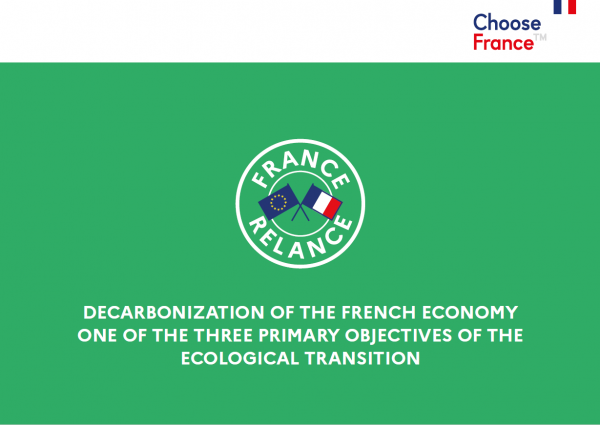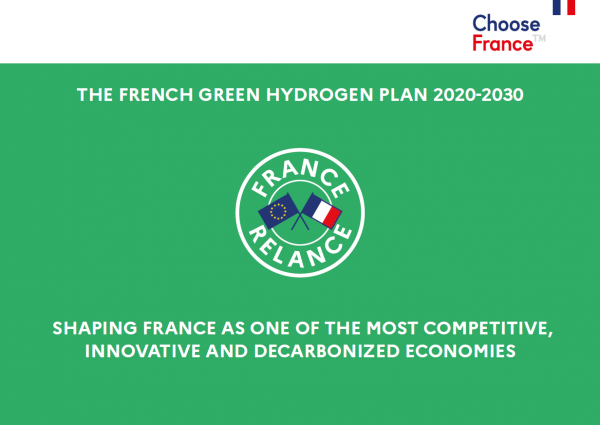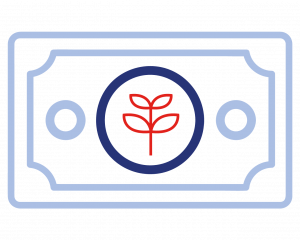Green Transition
France, as a signatory of the Paris Agreement in 2016 and of the European Green Deal in 2018, is committed to achieving carbon neutrality by 2050. In order to do this, France adopted the Energy-Climate Law in 2019. The Climate and Resilience Law, which was passed in August 2021, supports these objectives with concrete support for individuals as well as a scheduled end to the use of high-polluting vehicles.
Moving towards a greener economy
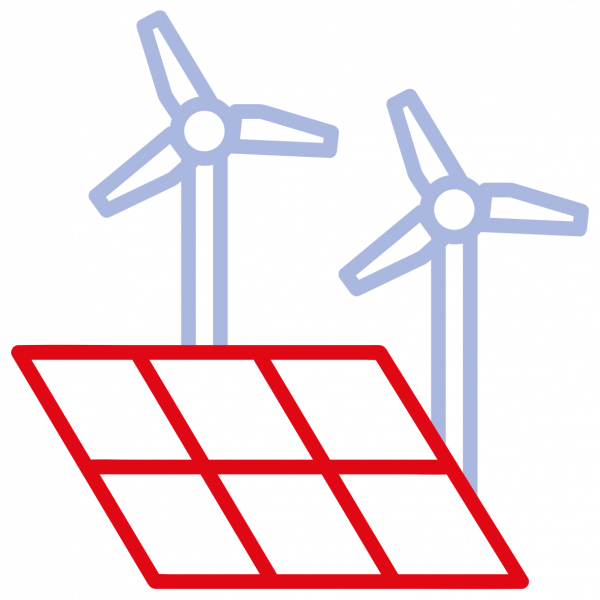
#3 producer
of renewable energy in Europe
(SCIMAGO, 2019)
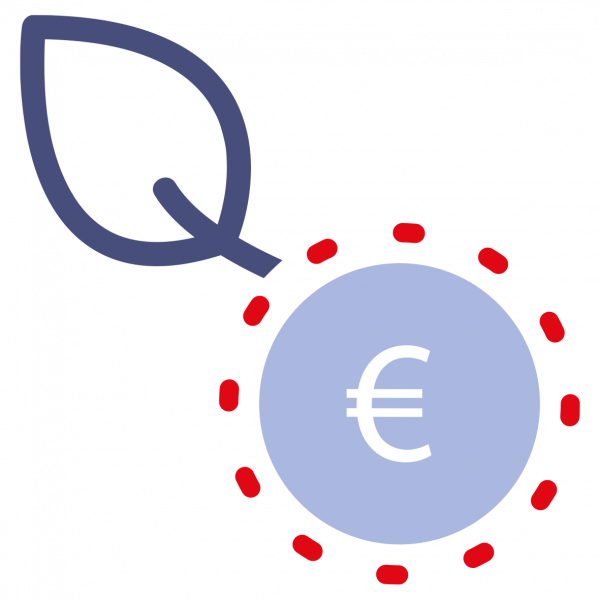
The world’s #4d and European #2d leading issuer
of green bonds in 2021
(ClimateBonds, 2021)
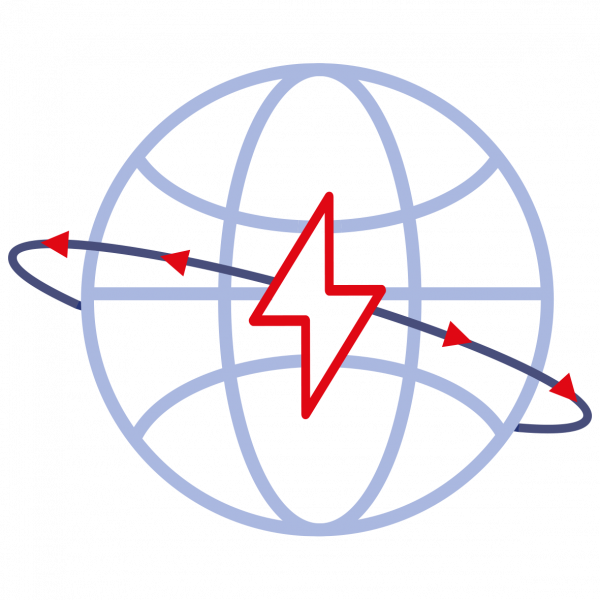
#1 exporter
of electricity in the world
(UN Comtrade, 2019)
The French green hydrogen plan 2020-2030
France is shaping up to become one of the most competitive, innovative, and low-carbon economies in the world. One of the strategic objectives of the “France Relance” plan, France’s new economic stimulus package, is the ecological transition. Learn more about the “decarbonization of the French economy” and the “French green hydrogen plan” below:
Green Transition
Reduce CO2 emissions by 81% by 2050 compared to 2015.
Reduce primary energy consumption from fossil fuels (-20% in 2023 and -35% in 2028 compared to 2012) and reduce overall energy consumption.
Aim for renewable heating to amount to 38% of heating consumption by 2030.
Let’s be greener!
According to the International Renewable Energy Agency (IRENA), France is the second largest producer of renewable hydroelectricity after Norway. More generally, France is the world’s tenth producer of electricity, and first in Europe by volume after Germany, according to the International Energy Agency (IEA).




